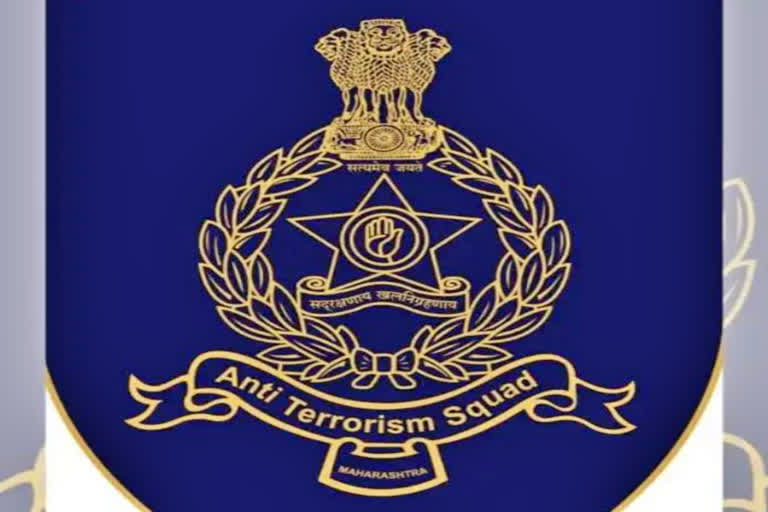New Delhi: At a time when purported radicalization of Muslim youth by terrorist organizations has posed a major threat for India’s security, a senior police official of Mumbai's anti-terrorism squad (ATS) has said that non governmental organization (NGOs) and non profit organizations (NPOs) dealing in religious activities need to be watched closely.
“NGOs/NPOs dealing in religious activities need to be watched closely. NGOs' charities and donations are an important source of funds for radical organizations. These funds are mostly claimed through religious appeals, coercion and fears of victimization. The collection of Zakat without giving receipt by PFI cadre is a case in point,” said Paramjit Dahiya, deputy inspector general, Mumbai ATS in a report submitted to the Home Ministry.
In the report, in possession of ETV Bharat, Dahiya said that online radicalization has become a big concern especially with the advent of privacy tools like the Tor browser. “Big Data Analysis can and should be used on a mass scale to identify and track members of these radical organizations. Rapid advancements in machine learning techniques allow mass surveillance to be applied on larger scales and utilize more and more personal data. LEAs should use these tools in an aggressive and proactive manner,” said Dahiya.
Highlighting the present scenario of radicalization, Dahiya said that the rise in religious fundamentalism is attributable to continuous religious programs such as Dars-eQuran, Ahle-Hadith etc. It involves a high level of indoctrination. Modern means of communication like the internet, mail in coded and encrypted form, cross border terrorism and its after effects are major concerns.
Pakistan concentrating on encouraging these Radical Organizations, impact of IRF ideologies, Muslim boys going to Gulf and coming back with money and radical ideologies, radicalization frequently is driven by personal concerns at the local level in addition to frustration with international events, Dahiya said. Terrorist radicalization is a dynamic process whereby an individual comes to accept terror as a possible, perhaps even legitimate, course of action, he added. Each case of terrorist radicalization results from the unique intersection of an enabling environment and the personal trajectory and psychology of a given individual, Dahiya said.
Asserting that RBI should consider establishing criteria for determining supervisory responsibility for the digital currency system, Dahiya said, “Some new technologies, such as digital currencies, have enabled payment systems that are not fixed in any single jurisdiction but span multiple jurisdictions through the Internet. Such systems create jurisdictional challenges for regulators and law enforcement agencies.”
He said that monitoring these radical organizations at the local police station level is absolutely essential to generate quality intelligence. “In Maharashtra, Anti-Terrorist Branch (ATB) at district headquarters and Anti-Terrorism Cells (ATCs) at each police station have been established for surveillance on the activities of such radical organisations and for prompt intelligence gathering as well as sharing. This model can be replicated elsewhere,” he said.
“De-radicalisation of the members of these organisations needs to be done. For instance ATS, Maharashtra, has identified and de-radicalised 141 radicalised youth by way of counselling them through their family members and religious leaders. ATS, Maharashtra, is constantly in touch with these de-radicalised youth in order to prevent them from re-joining any radical organization,” he said.
Emphasising on the need to take steps to avoid any such types of indoctrination via the internet and also reach out to the youth with solutions and awareness, Dahiya said, “Internet is the largest medium of information today and a source of indoctrination observed in the latest cases from India namely case of recruitment by ISIS, Panvel (Areeb Majeed), online propaganda of Islamic ideology of ISIS, Bangalore (Mehdi Masroor Biswas).”
